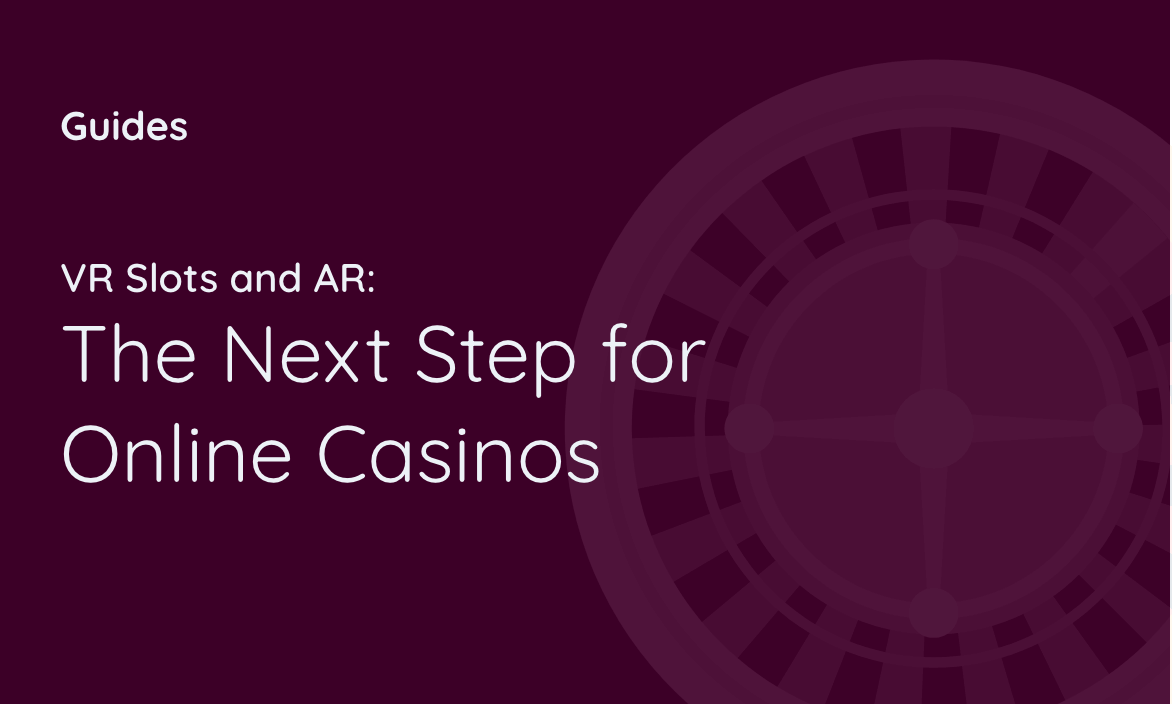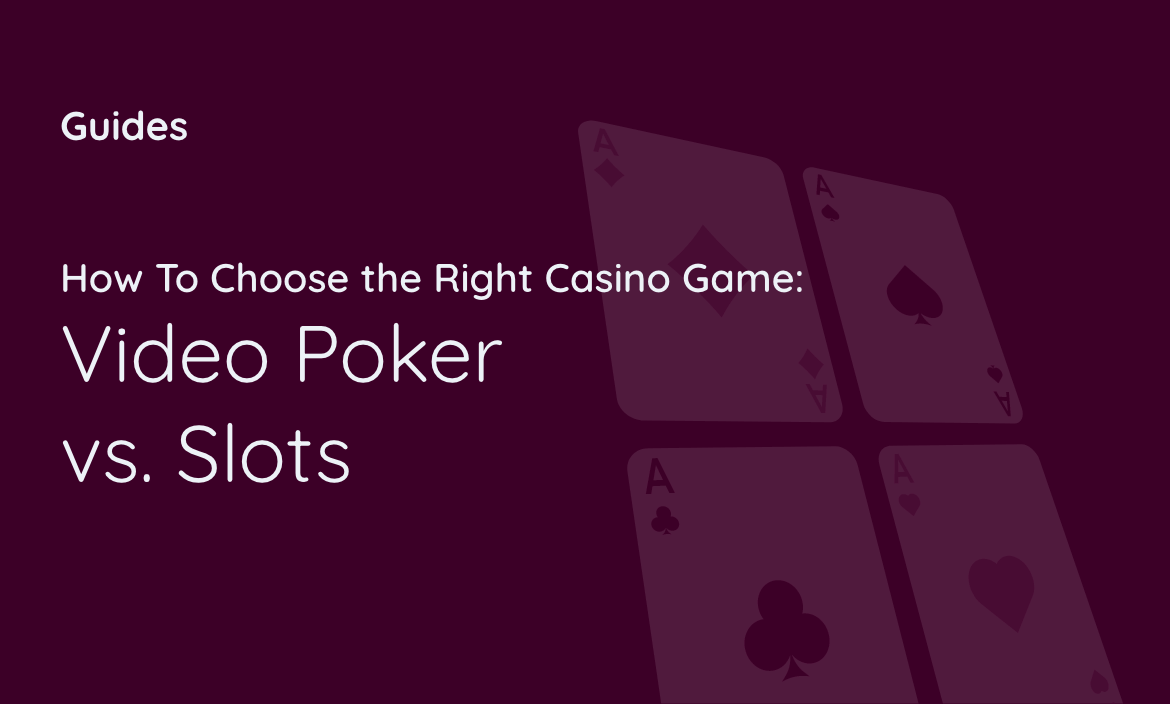The gambling industry is known for finding innovative ways to improve the gaming experience for its users and make it accessible across different platforms and devices. Virtual and augmented reality will undoubtedly impact the industry, and VR slots represent the first step towards a more interactive casino experience.
What Is Virtual Reality?
Virtual reality (VR) is a computer-generated environment that lets you experience a different place or situation. It’s often used for video games, but it’s also useful in education and training.
For example, surgeons can use virtual reality to practice complicated procedures. When you put on a virtual reality headset, you’re cut off from the real world and transported into another virtual place. If you’re playing a game, you see what the character in the game sees, and you can look around just like you would in real life.
Some headsets even let you interact with the environment using controllers. Virtual reality is still a relatively new technology, but it’s rapidly improving. More and more companies are investing in it, including the gambling industry, and we’ll likely see even more amazing applications for it in the future.
VR Slots: How Do They Work?
Virtual reality slots are a new way of playing signature casino games, allowing players to enter a fully immersive experience. Unlike traditional online slot games, where users interact with the game through computer graphics and animations on a smartphone or a computer screen, VR slots allow players to interact with an entirely simulated environment. These games typically have engaging visual experiences, enhanced audio effects, and more immersive interfaces. To play a VR slot game, users simply wear a head-mounted display and use hand controllers to navigate the virtual space.
At its core, slots in VR are just like regular slot games in terms of gameplay mechanics. By spinning the reels and trying to match up different symbols on the screen, players earn rewards in a virtual environment. However, what truly sets VR slots in 3D apart is their ability to provide an experience that can range from fantastic to realistic. Whether you’re spinning reels in a jungle environment or sitting in a luxurious virtual casino lounge, you’ll find countless ways to get lost in the magic of these engaging high-tech games.
How Will VR Slots Change the Gambling Industry?
VR will likely play a significant role in shaping the future of the gambling industry. These immersive games offer players an entirely new and highly interactive gaming experience, offering the thrill and excitement of traditional slots. They can include other features besides 3D graphics, such as custom avatars, tournaments, and multiplayer gameplay.
One key advantage to VR slots is that they’re accessible to players from all walks of life. As long as players have a VR headset, the necessary piece of equipment for this gaming experience, they can play these games from the comfort of their own homes. This makes VR casinos and slots particularly attractive to younger generations who may be more inclined to try slots in virtual reality. Moreover, players with mobility issues or who live in remote areas where traditional casinos are rarely available will now have the opportunity to enjoy casino-style entertainment right at home.
Despite these advantages, VR casino games will also come with some challenges for the gambling industry. For one, they are likely to attract more casual gamers who may be less willing than seasoned gamblers to risk money on high-stakes gameplay. Meanwhile, stricter regulations around online gambling may make it difficult for companies operating such sites to keep up with the demand for these cutting-edge games.
What Is AR?
Augmented reality, or AR, refers to an enhanced version of reality that is made possible through digital technologies. In this concept, real-world environments are overlaid with digital content such as images and sounds.
One of the best-known examples of AR is the popular video game Pokemon GO, which uses a mobile device’s camera and GPS to create captivating virtual creatures in real-time environments.
There are endless potential uses for AR, both in our personal lives and in businesses across a wide range of industries. For example, AR can be used for education and training, product visualization, shopping and eCommerce, marketing and advertising, tourism and hospitality, automotive and transportation, healthcare, and much more.
Overall, augmented reality is a transformative technology that has the power to revolutionize many different industries and create exciting new experiences, such as augmented reality slots.
From VR to AR
While it’s still early days for augmented reality (AR) in the casino industry, it’s already starting to have an impact. AR technology allows casino operators to create an immersive, interactive gaming experience for their players.
Unlike VR, AR does not require the use of headsets or other specialized equipment. Instead, AR uses existing devices, such as smartphones and tablets, to overlay digital content on the real world. This allows users to interact with their surroundings in a whole new way. This makes AR slots more accessible than those requiring VR headsets, as smartphones are widely used.
For example, you can see a virtual representation of the casino floor and play against others in real time. This not only makes the gaming experience more fun and exciting, but also gives you a better sense of how the casino works and what games are available.
AR is also being used to create virtual tutorials that can help new players learn the ropes before they start playing for real money. While VR has been the more talked-about technology in recent years, it’s clear that AR is already starting to make its mark on the online casino industry.
Augmented Reality and Online Gambling
Like with any other new technology, there are some potential roadblocks that could prevent AR from reaching mass adoption in casino games. However, there are also many potential benefits to using AR in the world of online gambling.
One key advantage is that it can offer a more immersive and engaging gaming experience than traditional methods. For example, users could interact with virtual versions of real-world casino games like poker, blackjack, live dealer games, and slots, as well as with other players.
This would create a much more social and exciting gambling experience that could lead to more people trying out online casinos. Additionally, it would allow casino operators to offer new and unique experiences that would set them apart from their competitors.
Another potential benefit of augmented reality for slot games and online gambling is that it has the potential to make games safer and fairer for players. By using a variety of digital tools, it could become easier to detect fraud or other issues related to gambling. This could help reduce harm from problem gambling while also ensuring that casino operators are operating in a fair and transparent manner.
How Can Online Casinos Improve Their VR and AR Slot Offerings?
In order for online casinos to really win big with VR and AR slots, they need to focus on two key aspects: gameplay and user experience.
On the gameplay front, casinos need to design inventive, engaging gameplay that keeps players coming back. This could mean adding exciting new twists to familiar slot themes.
Further improving the gaming experience by ensuring smooth performance across all devices and various VR headsets is also a must. Having VR slots on Oculus Quest and other popular headsets will be part of that. After all, if the controls aren’t easy to navigate or the game lags or glitches out unexpectedly, players will quickly lose interest in this cutting-edge technology.
What Challenges Does the Gambling Industry Face With VR?
There are also several potential pitfalls associated with the integration of VR into existing gambling platforms. For example, some critics have expressed concern over the impact that immersive, high-stakes virtual environments could have on problem gamblers. There are also fears that new VR-based casinos could cut into earnings from traditional locations like Vegas or Macau.
Despite these challenges, many within the gambling industry believe that VR has great potential for both operators and customers alike. Whatever the future holds for this emerging technology, one thing is clear: it will be neither dull nor predictable!



